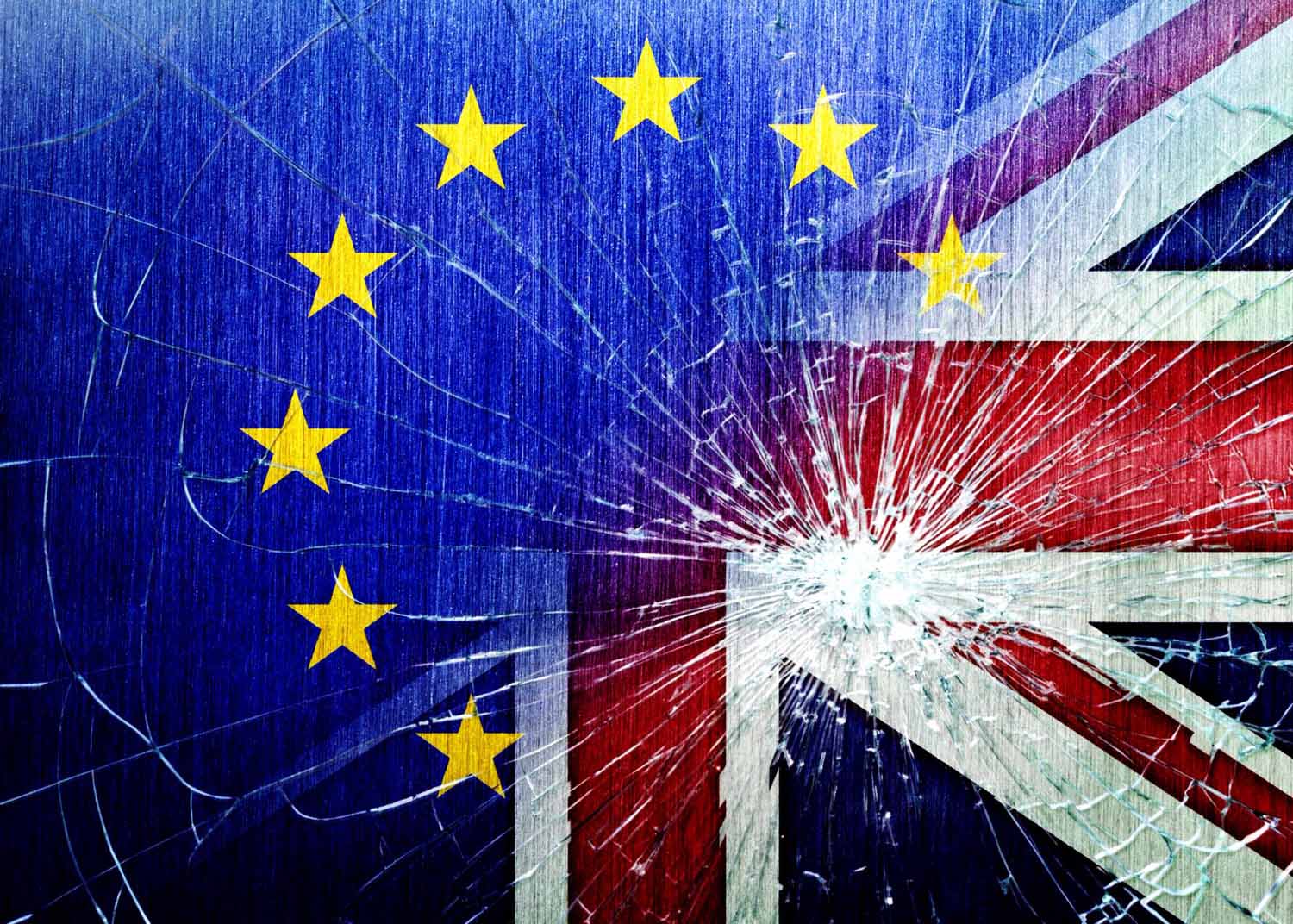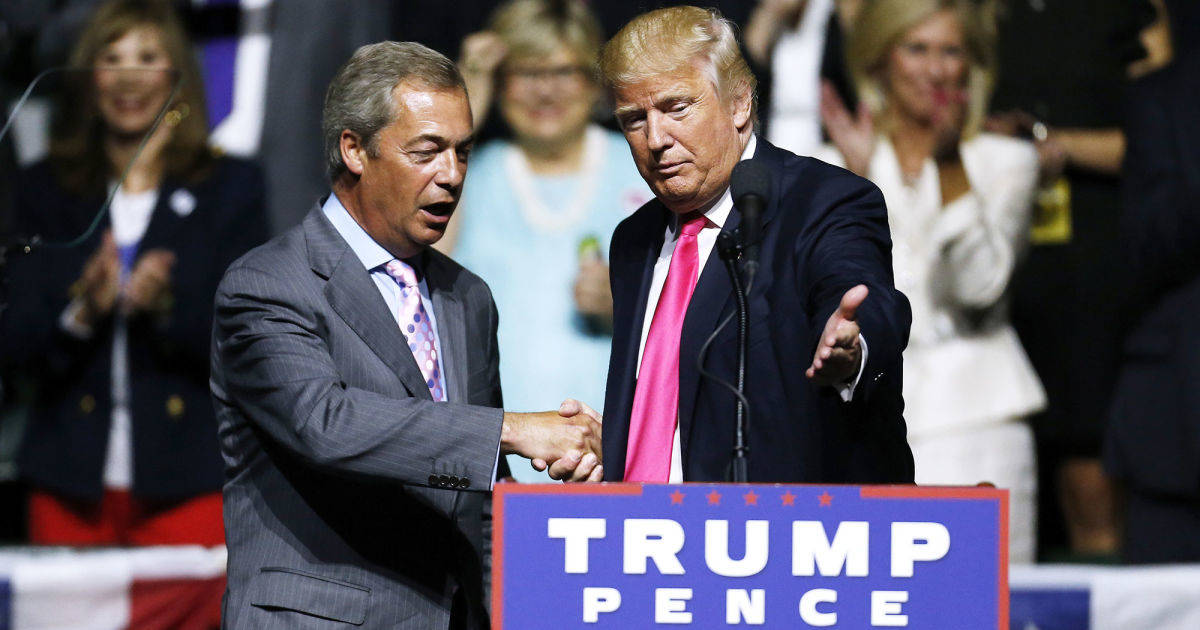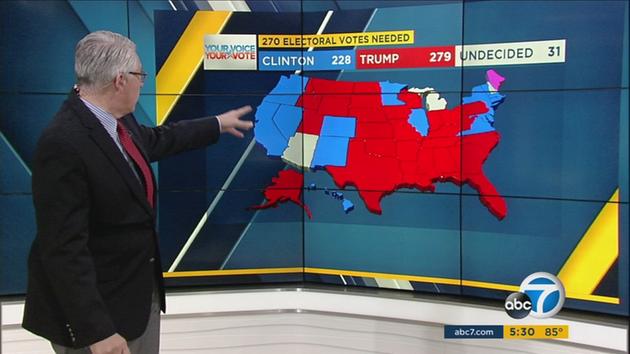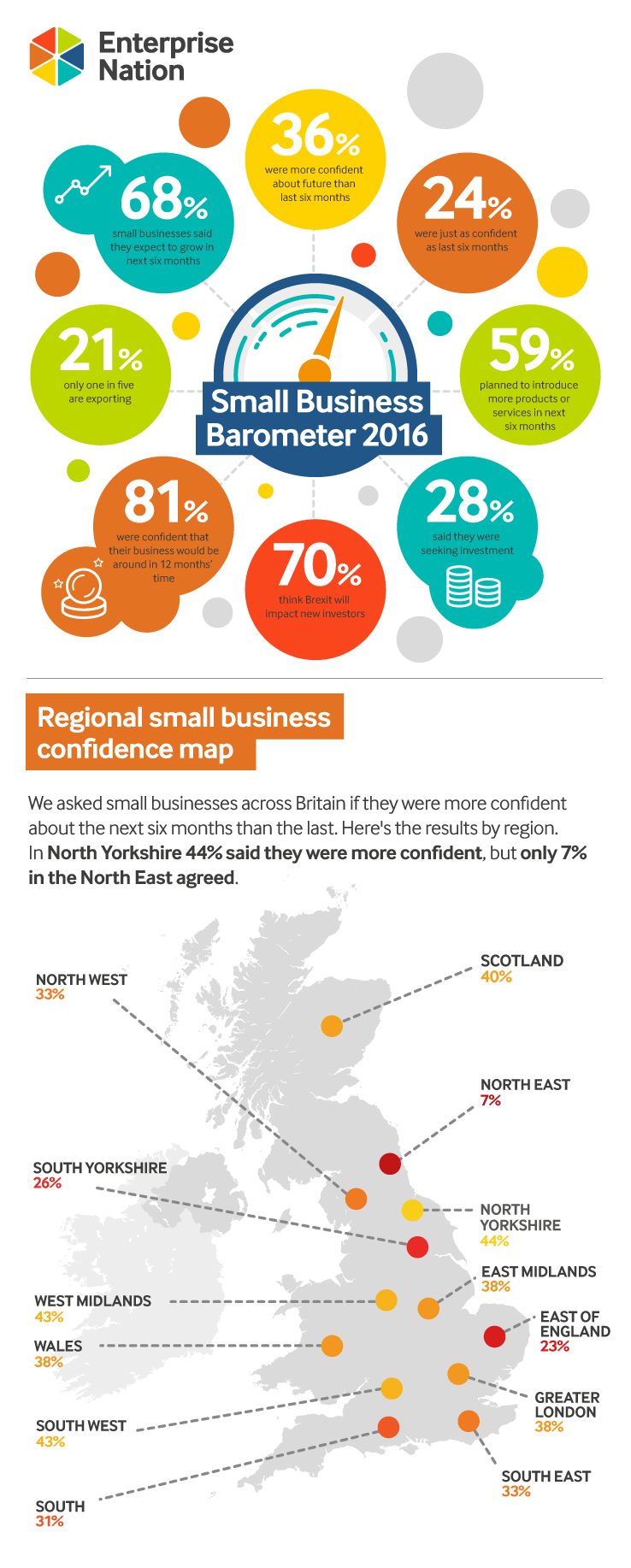Snap, the American company that owns popular messaging app Snapchat, has established its international headquarters in London, where it will book all non-US ad sales, in what some analysts note as a vote of confidence for the post-Brexit United Kingdom.
The decision to open an international hub in the UK by the California-based startup sets it apart from its peers in Silicon Valley. Top American technology companies like Apple, Facebook, Google, Microsoft, Uber, Twitter and several others have chosen Ireland, Luxembourg or the Netherlands as their international HQs to shelter their earnings from US tax laws, taking advantage of lower tax rates in these European countries.
United Kingdom’s corporation tax rates is also one of the lowest in the world, but plans to reduce it even further have made the country an attractive option for many companies with international operations.
Snap Group Limited, which is the company’s new UK entity, will be booking all revenues from customers in the UK and in all countries where it has no local office.
The company’s newly-minted international HQ will be stationed near its existing Soho office in London, which was established back in 2015. It currently has 75 people on staff, but will hire additional workers, including engineers.
“The UK is where our advertising clients are, where more than 10 million daily Snapchatters are, and where we’ve already begun to hire talent,” said Claire Valoti, general manager of Snap Group in the UK.
Snapchat’s move to establish a headquarters in Britain comes amid criticism of American companies’ practice of avoiding US taxation by setting up shop outside the US even though most its operations are inside the US.
Google chairman Eric Schmidt defended the industry’s much-criticised tax avoidance tactic, saying they do it “based on the incentives that the governments offered us to operate.”
The company is set to go public as early as March this year, with an estimated valuation of $25 billion.
If you are looking for expert Part Time FD Services in the Leeds & Yorkshire area contact Assured FD Services today.









